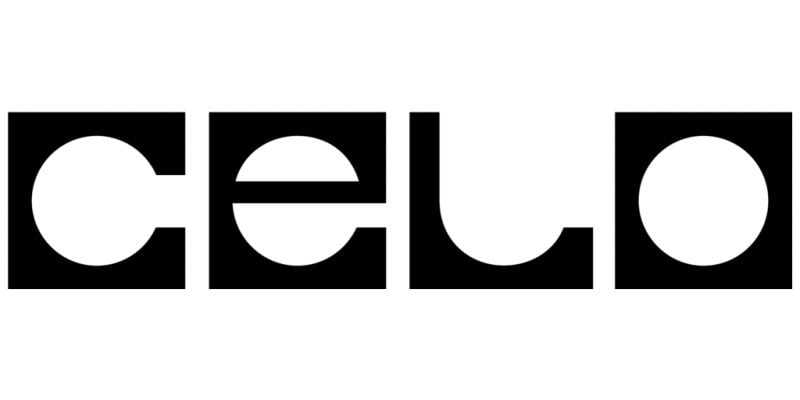
Key Takeaways
Celo’s transition to Ethereum L2 marks a significant network enhancement.
Major stablecoins like USDC and USDT have expanded their presence on Celo in 2024.
Share this article
CELO, the native utility token of the Celo platform, surged around 25% to $0.68 after Vitalik Buterin, the Ethereum co-founder, praised the project’s recent achievement in terms of daily active stablecoin addresses, data from CoinMarketCap shows.
According to a new report from Artemis, a data science layer for blockchains, Celo’s stablecoin usage has recently seen remarkable growth driven by factors such as increased app adoption, growing stablecoin supply, and strong demand in regions like Africa.
@Celo recently passed @trondao in daily active addresses for stablecoin usage.
-What’s behind this meteoric rise?
-Is Africa undergoing a stablecoin breakout?
A 🧵 pic.twitter.com/6Xn8CF6DfO
— Artemis (@artemis__xyz) September 16, 2024
The rising number of users of apps like Minipay and Valora has contributed to this growth, Artemis noted. Minipay is known as a stablecoin-powered non-custodial wallet built on the Celo blockchain and Valora is a Celo-based digital wallet that supports multiple currencies like CELO, Celo Dollar (cUSD) and Celo Euro (cEUR).
Minipay has expanded its reach to several African countries, including Nigeria, Kenya, Ghana, and South Africa. Artemis suggested that the ongoing stablecoin adoption on Celo will push Kenya and South Africa back into the top 10 in crypto adoption rankings in 2025.
Commenting on Artemis’ report, Buterin said he was amazed at the progress Celo was making in improving access to basic payments and global finance. The Ethereum co-founder sees that as a key way that Ethereum can positively impact the world.
“This is amazing to see. Improving worldwide access to basic payments and finance has always been a key way that Ethereum can be good for the world, and it’s great to see Celo getting traction,” Buterin said.
He also pointed to Celo’s recent discussion about its transition to becoming an Ethereum layer 2 network and its alignment with Ethereum’s cultural values.
Celo is set to shift from an Ethereum Virtual Machine (EVM)-compatible layer 1 blockchain to an Ethereum layer 2 on September 26. The move is expected to enhance integration between the Celo and Ethereum networks, offering new capabilities previously unavailable.
So far this year, key stablecoin players like Tether and Circle have brought their tokens to the Celo blockchain. In February, Circle announced the debut of its USDC stablecoin on Celo, followed by a similar move from Tether in March.
These developments will help drive further innovation and adoption of decentralized finance solutions on the Celo platform, as well as enhance its ecosystem.
Share this article















